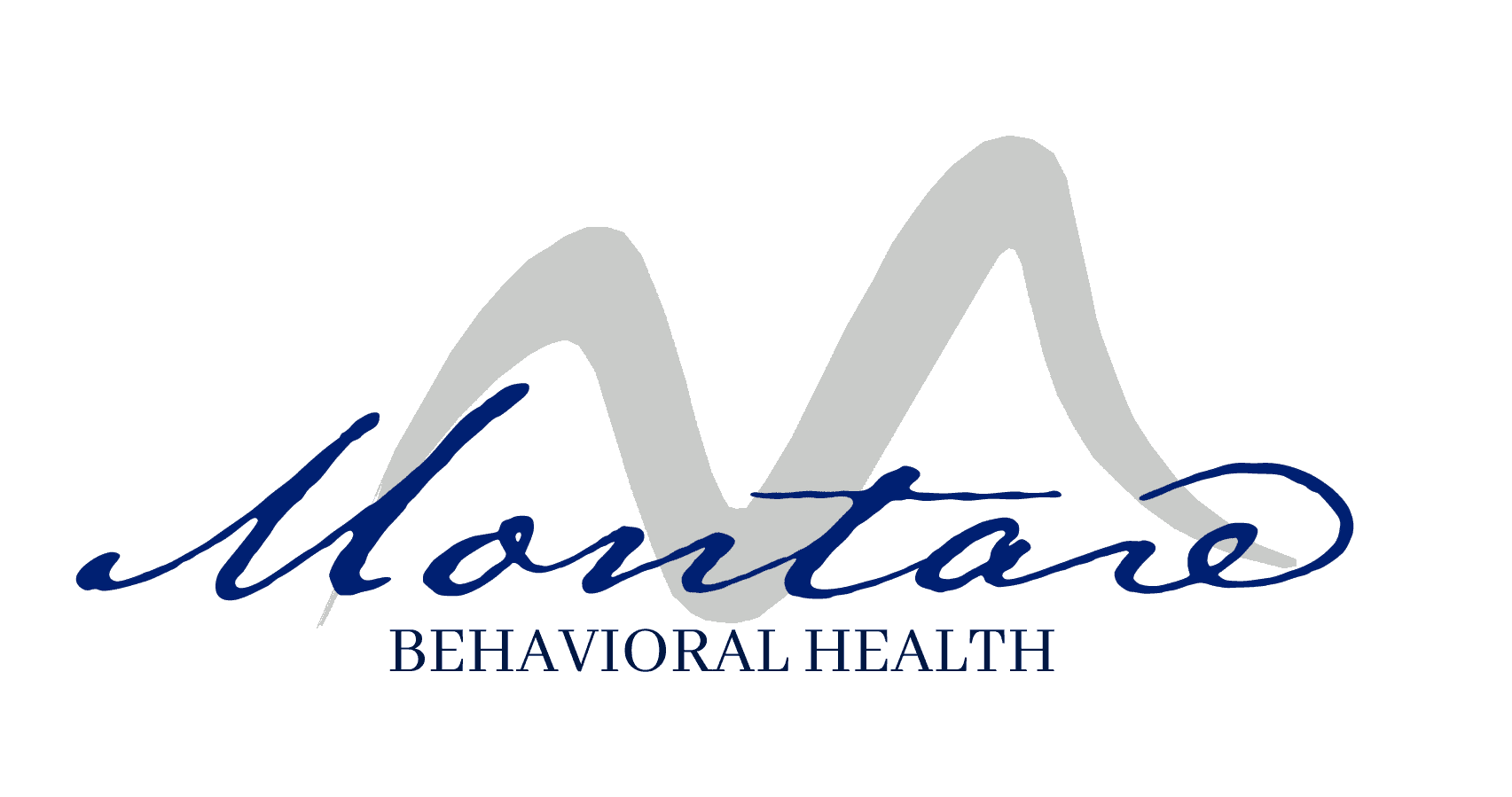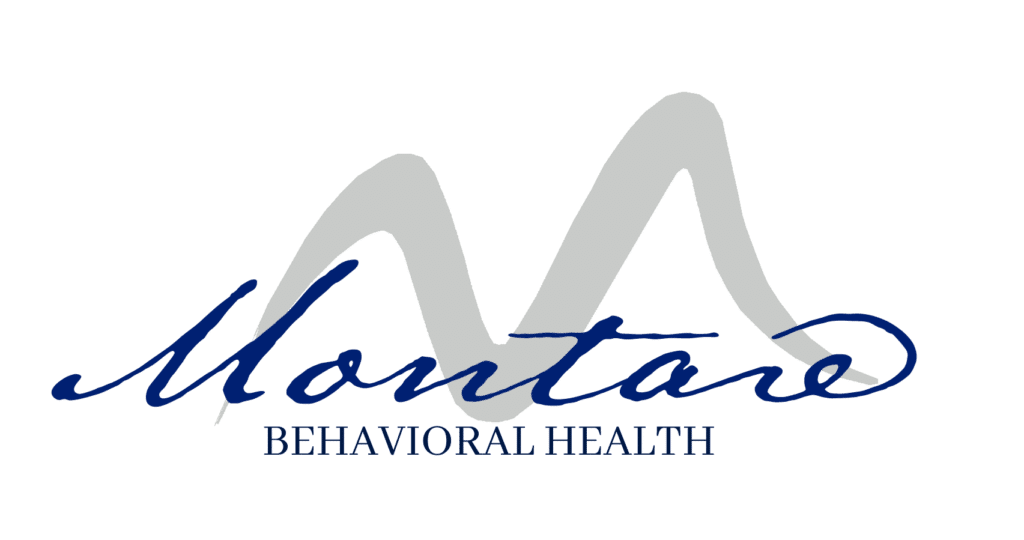Post-traumatic stress disorder (PTSD) is commonly associated with veterans. While veterans are more likely to experience a traumatic event while serving their country, other people can develop PTSD as well. At Montare Behavioral Health in Tucson, we understand the impacts PTSD can have on your life and ability to function. At our inpatient treatment centers for PTSD, we offer personalized treatment plans and even have a dedicated Veterans Program to help people achieve improved mental health.
Request a Confidential Callback
You have reached the maximum form entries. To contact our admissions team, please call 844-731-1475
What is PTSD?
PTSD is a mental health disorder that often develops after exposure to a traumatic event or repeated exposure to traumatic events. People with PTSD often experience symptoms long after the event took place. Symptoms can include intrusive thoughts or memories that manifest as flashbacks, vivid dreams and nightmares, problems sleeping, anger, irritability, problems concentrating, and avoidance behaviors.
Causes of PTSD
Some of the more common causes of PTSD include:
- Life-threatening situations
- Terrorism
- Combat zones
- Sexual assault
- Physical assault
- Devastating natural disasters
Types of PTSD
When PTSD is first starting, it begins as a normal stress response. Normal stress response is when someone experiences trauma, but they usually recover from the event typically in about three to four months.
If a person has not recovered from normal stress response, it often advances into acute stress disorder (ASD). ASD has similar symptoms as normal stress response, but ASD lasts much longer and can start having negative impacts on daily functioning. If ASD goes untreated, it becomes one of the four types of PTSD.
- Uncomplicated PTSD: This is the most common type of PTSD, with symptoms such as intrusive thoughts or memories, nightmares, avoidance behaviors, and mood swings.
- Dissociative PTSD: Dissociative PTSD includes symptoms of dissociation in addition to the usual symptoms of PTSD. Dissociation is a disconnection or detachment from one’s thoughts, feelings, memories, or sense of identity. People with dissociative PTSD may experience episodes of disorientation or amnesia related to the traumatic event. They can experience dissociative detachment when they feel like they are watching themselves from outside their body when re-experiencing the traumatic event.
- Complex PTSD (C-PTSD): C-PTSD is a type of PTSD where the individual was exposed to repeated or multiple traumas over a period of time, such as ongoing physical or sexual abuse, torture, or captivity. In addition to the usual PTSD symptoms, people with C-PTSD may also experience difficulties with emotional regulation, changes in self-perception and beliefs, and difficulties with relationships and intimacy.
- Co-morbid PTSD: This type of PTSD is when someone has a co-occurring condition along with PTSD. Some common co-occurring conditions are substance use disorders, panic disorders, major depressive disorders, and anxiety disorders.
How Does Inpatient PTSD Treatment at Montare Tucson Work?
At our PTSD inpatient treatment centers, we work with veterans and others suffering from PTSD to develop a comprehensive treatment plan based on their diagnosis, needs, and treatment objectives. When arriving at our treatment centers, you will undergo an assessment with our experienced healthcare professionals.
Based on your assessment, we work collaboratively with you to develop your treatment plan. Treatment plans can include evidence-based and holistic therapeutic methodologies, including:
- Individual Therapy: You will meet in one-on-one sessions with a therapist to help you explore the underlying causes of your PTSD. They will work with you to help you develop effective coping skills.
- Group Therapy: Group sessions are beneficial in treating PTSD. It allows others to share their struggles with PTSD and what they do to manage their condition. It also creates an opportunity to build a peer support network and a sense of community.
- Family Therapy: Involve the family is essential to help recovery from PTSD. Family therapy involves educating them about PTSD, what they can do to support their loved ones, improve communications, and repair damaged relationships.
- Holistic Therapy: Holistic therapy uses various activities that benefit the mind, body, and spirit, such as yoga, music, therapy, art therapy, mindfulness, acupuncture, and lifestyle changes.
As you near the end of your stay at our PTSD inpatient treatment centers, we work with you to develop an aftercare plan. Aftercare is essential for continued success in managing PTSD. Aftercare plans can include transitioning to a PHP, IOP, or outpatient treatment plan, as well as continuing individual and group therapy.
Therapy Options for Treating PTSD
Some of the therapy options for treating PTSD at Montare Behavioral Health include:
- Cognitive Behavioral Therapy (CBT): CBT focuses on identifying and challenging negative thought patterns and beliefs related to the traumatic event. Individuals gradually confront their fears in a safe environment and learn skills to manage distressing symptoms.
- Dialectical Behavior Therapy (DBT): DBT combines elements of CBT and focuses on emotional regulation techniques, mindfulness practices, interpersonal skills, and distress tolerance strategies.
- Eye Movement Desensitization and Reprocessing (EMDR): EMDR is a specialized form of therapy that helps individuals process traumatic memories. It uses bilateral sensory stimulation while focusing on thoughts or images related to the trauma during treatment sessions while being guided by a therapist. EMDR helps desensitize negative emotional reactions attached to the trauma and integrate more adaptive ones for more effective trauma processing.

Benefits of Attending Inpatient Treatment for PTSD
Our PTSD inpatient treatment centers offer several benefits with our residential inpatient programs, such as:
- Intensive and structured environment: We provide a highly structured environment with 24/7 supervision and support to help individuals establish routines in a safe environment.
- Elimination of outside distractions: Inpatient treatment allows people to focus on their mental health without any outside distractions while developing effective coping skills.
- Comprehensive assessment with personalized treatment plans: Our inpatient programs include thorough assessments to identify the specific needs of each individual. This allows us to develop customized care plans for each person based on their PTSD diagnosis.
- Multidisciplinary approach: Our inpatient treatment centers for PTSD use a multidisciplinary approach where our psychiatrists, psychologists, therapists, nurses, and other mental health professionals work collaboratively with every individual to ensure they are receiving the care they require.
- Safety from self-harm: For individuals who may be at risk for self-harm or harm to others due to their PTSD symptoms, inpatient treatment provides a secure environment with trained professionals available 24/7 to keep individuals safe.
- Continuum of care: After completing our inpatient program, individuals have access to resources for transitioning into other levels of care to ensure ongoing support and treatment after leaving our structured environment.
Contact Our PTSD Treatment Center in Tucson, Arizona Today
Take the first step to reclaim your life and start healing from PTSD. Our PTSD Treatment Center in Tucson, Arizona, and our compassionate team are here to provide you with personalized care, evidence-based and holistic therapies, and the support you need to overcome the challenges of PTSD. Contact Monatre Behavioral Health now to start your journey to a brighter, healthier future.


